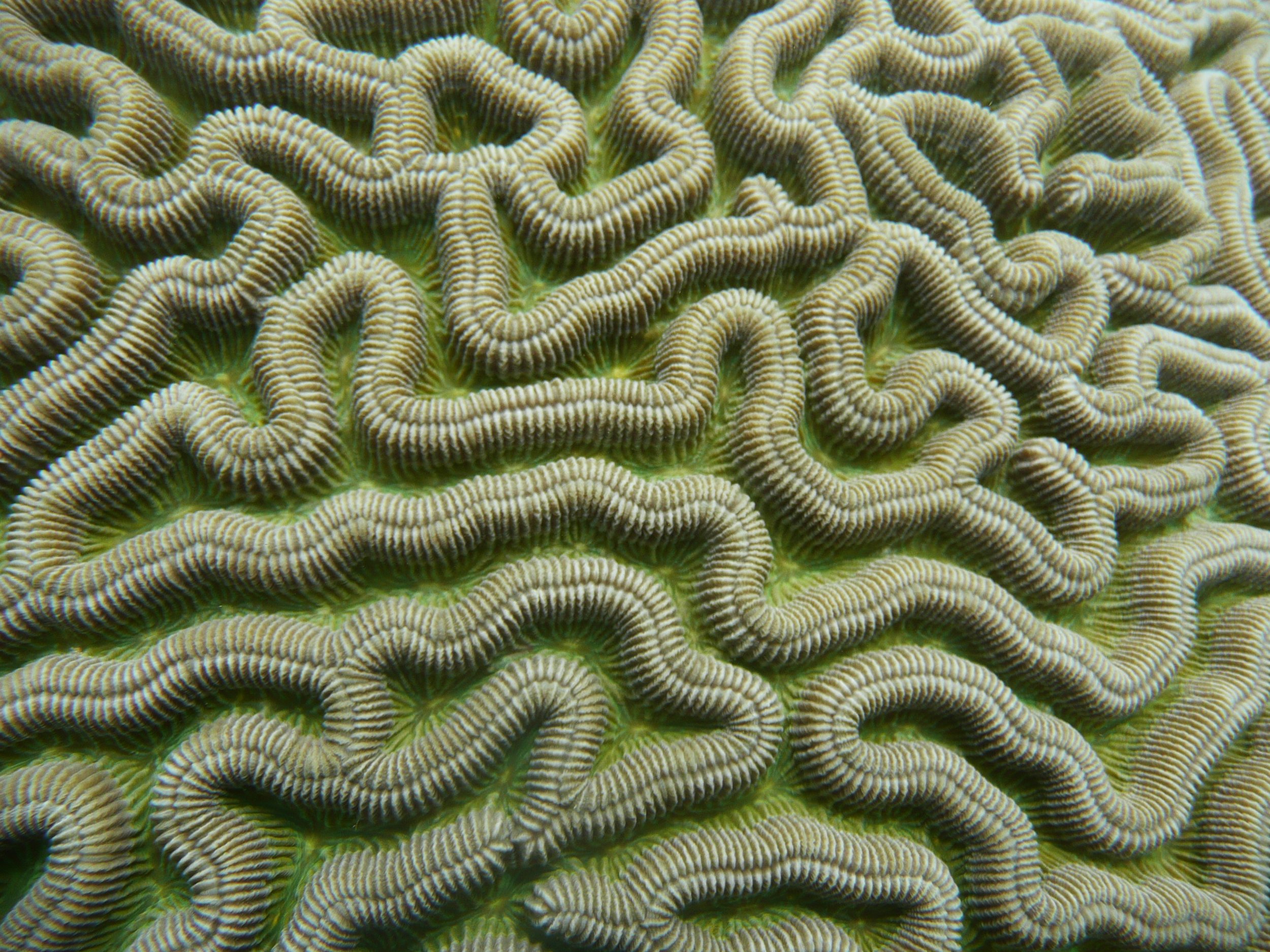
People
Katie Cramer
Katie Cramer is an Associate Research Professor at the Julie Ann Wrigley Global Institute of Sustainability at Arizona State University, an Ocean Science Fellow at the Center for Oceans at Conservation International, and a National Geographic Explorer. Katie is a marine conservation ecologist whose work reconstructs long-term change in marine ecosystems and predicts their future states to motivate and inform conservation. Her current research is focused on improving the health of coral reef ecosystems by pinpointing the social and ecological mechanisms of recent declines and identifying strategies that can improve the sustainability of coral reef fisheries and the food security of reef-dependent communities. Her work is interdisciplinary, spanning the fields of marine ecology, paleobiology, marine policy, and fisheries science.
Katie.Cramer@asu.edu
Zachary Whaley
Zac Whaley is an undergraduate in the Barrett Honors College at Arizona State University studying Conservation Biology, Global Health, and Political Science. Zac is a conservation biologist who has a passion for the intersectionality of ecosystem health, human health, and politics. His current research in the Cramer Lab is focused on (1) historical trends in coastal water quality and their effect on coral reef health in the Caribbean and (2) the potential for community-led marine protected area management to increase local food security in Indonesia. Zac was awarded an ASU Sage Scholarship to support his field work in Indonesia.
Jonathan Jung
Jonathan is a PhD student at Max Planck Institute for Chemistry. He is passionate about understanding the impacts of global and local interactions of humans with their environment. Specifically, he is interested in how humans are actively shaping coastal ecosystems, such as coral reefs, through direct and indirect stressors and how these impacts compare to natural variability in a pre-human era. He is working with the Cramer Lab on the NSF-funded project “The role of land use change in the decline and recovery of Caribbean coral reefs”
Megan O’Quinn
Megan is a graduate student at the Ohio State University studying Invertebrate Paleontology, Paleoecology, and Conservation Paleobiology. Their current work with the Cramer Lab focuses on paleoecological reconstructions of Caribbean coral reef environments, focusing on macro invertebrates, in order to establish an ecological baseline of changes and trends throughout historic time as well as determine drivers for the causes and consequences of changing reef ecosystem conditions.
Ariana Ewell
Ariana is an Honor’s student at ASU’s Barrett, the Honor’s College conducting her honor’s thesis and +1 year MS thesis in the Cramer Lab. Ariana’s thesis focuses on tracking changes in inputs of pollutants such as plastics and agrochemicals onto Caribbean reefs from the analysis of the chemical signatures within reef sediment cores. Her thesis work also has an educational component focused on developing and implementing curricula for local high school students on climate change impacts to people and nature.




